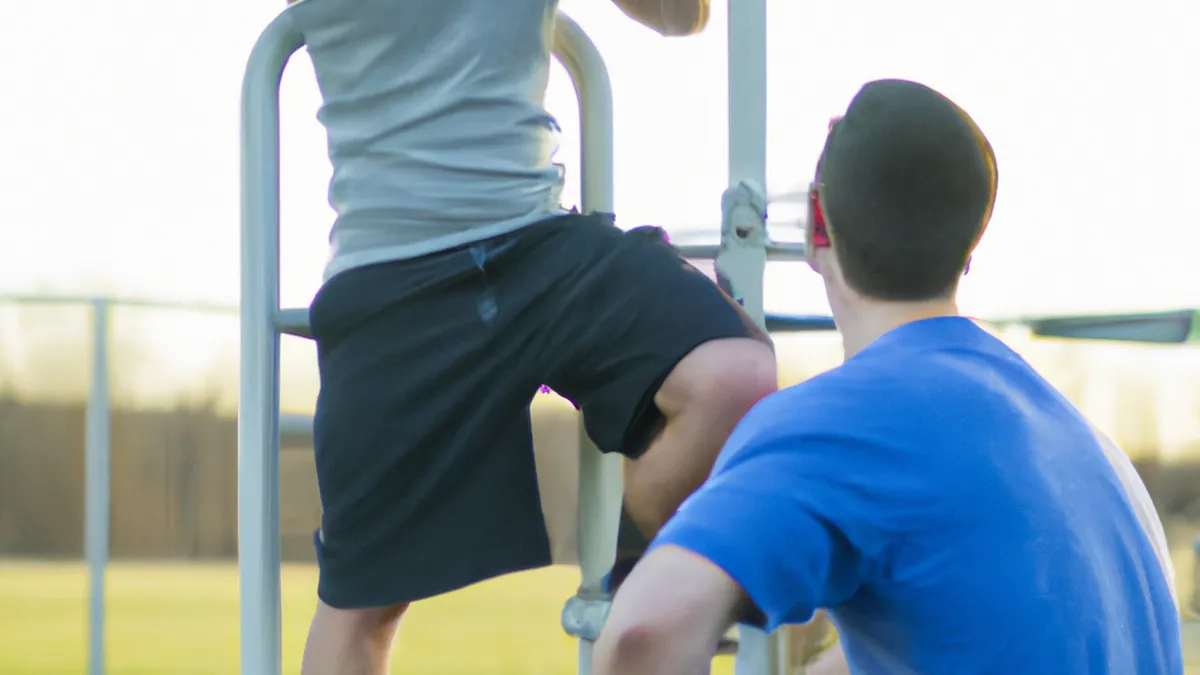Refreshing Insights on Hydration and Endurance
Hydration Strategies for Optimal Cardiovascular Performance
As an Amazon Associate I earn from qualifying purchases.
Gear tip: consider Endurance, before and insulated water bottle to support this workout.
Proper hydration is crucial for individuals engaging in physical activity, especially those aiming to enhance cardiovascular performance. Exercise causes fluid loss through sweat and respiration, risking dehydration if not managed. Staying hydrated maintains performance, supports recovery, and promotes overall health. This post explores effective hydration strategies to boost cardiovascular health, helping you perform at your best and reduce dehydration risks.
Understanding Hydration Needs
Hydration needs vary significantly among individuals. Factors like age, weight, climate, exercise intensity, and sweat rates influence fluid requirements. Generally, athletes need more fluids than sedentary individuals.
The American Council on Exercise recommends drinking 17-20 ounces of water two to three hours before exercising. This preemptive hydration prepares your body for the workout demands. Hydration remains essential after exercise too.
Monitor your hydration status regularly. Check your urine color—light yellow typically indicates proper hydration while dark yellow suggests dehydration. Adjust your fluid intake based on this observation.
Hydration Tips Before Exercise
1. **Start Early**
Begin hydrating well before your workout. Drink water consistently throughout the day to maintain fluid balance. Aim for half your body weight in ounces daily. For example, if you weigh 160 pounds, target 80 ounces of water.
2. **Consider Electrolytes**
For long or intense workouts, choose beverages containing electrolytes. These drinks replace lost sodium, potassium, and magnesium, essential for fluid balance and muscle function. Electrolyte drinks especially benefit endurance sports like running, cycling, or swimming.
3. **Avoid Caffeine and Alcohol**
Caffeine and alcohol act as diuretics, increasing fluid loss and dehydration risks. Limit these beverages before exercise. Opt for water or sports drinks for hydration. If consuming caffeine, do so moderately and increase your water intake.
Hydration Strategies During Exercise
1. **Drink Regularly**
Take small sips of water every 15-20 minutes during your workout to prevent dehydration and maintain energy levels. For workouts over an hour, include electrolyte-rich beverages to replenish lost minerals.
2. **Use a Hydration Pack or Bottle**
Carry a hydration pack or water bottle for easy fluid access. This helps you remember to drink regularly. Hydration packs work well for long-distance runners or cyclists, providing hands-free hydration.
3. **Pay Attention**
Stay aware of your body’s signals. If you feel thirsty, drink water immediately.
Conclusion
In summary, proper hydration enhances cardiovascular performance. Follow these strategies to ensure optimal fluid balance and support your exercise efforts.
Below are related products based on this post:
FAQ
What are the recommended hydration practices before exercising?
It is advisable to start hydrating well before your workout by drinking water consistently throughout the day. Aim to consume 17-20 ounces of water two to three hours prior to exercising. Additionally, you should target half your body weight in ounces of water daily to maintain fluid balance.
How can I monitor my hydration status?
You can monitor your hydration status by checking the color of your urine. Light yellow typically indicates proper hydration, while dark yellow suggests dehydration. Adjust your fluid intake based on these observations to ensure you remain adequately hydrated.
What should I drink during long workouts to maintain hydration?
During long or intense workouts, it is important to drink regularly, taking small sips of water every 15-20 minutes. For workouts exceeding one hour, consider including electrolyte-rich beverages to replenish lost minerals, as they help maintain fluid balance and support muscle function.















Post Comment